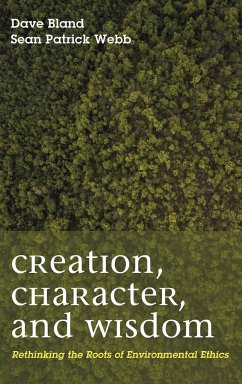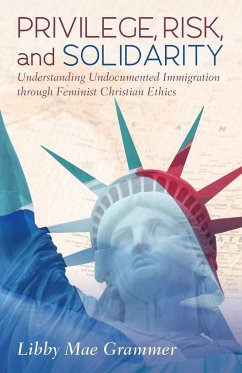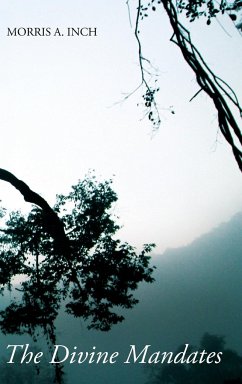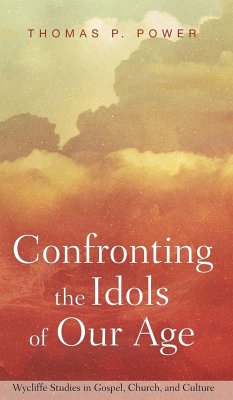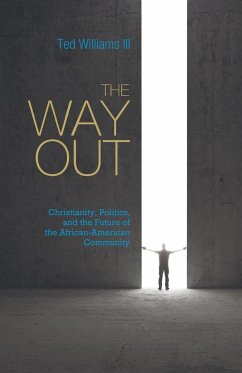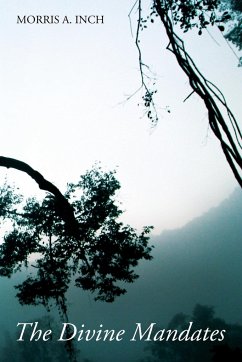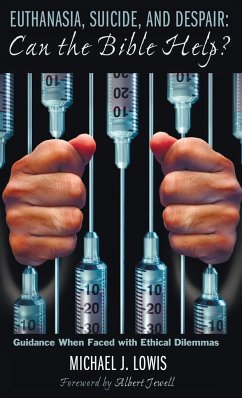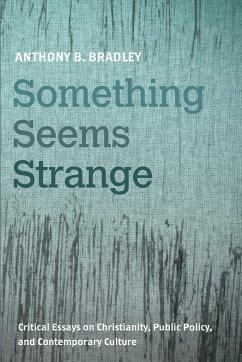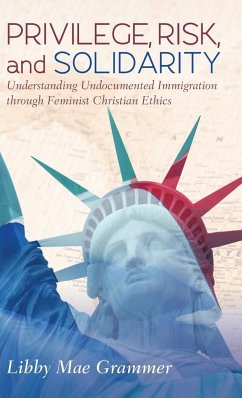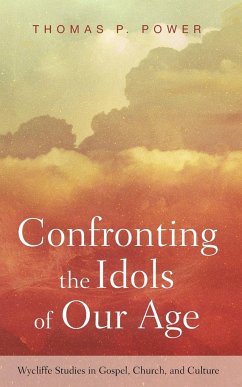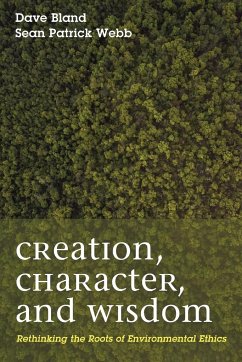
Creation, Character, and Wisdom
Versandkostenfrei!
Versandfertig in 1-2 Wochen
22,99 €
inkl. MwSt.
Weitere Ausgaben:

PAYBACK Punkte
11 °P sammeln!
While the traditional Christian engagement with environmental ethics too often begins and ends with Genesis, this project joins numerous recent efforts by biblical scholars to identify new foundations on which Christians can make ethical choices about creation. Wisdom literature, a largely untapped resource, offers a unique point of entry for environmental ethics. Despite their marginalization in ethical debates on the environment, the biblical sages have a great deal to say about the inseparability of God's creation and righteous living--observations that must then be brought into conversatio...
While the traditional Christian engagement with environmental ethics too often begins and ends with Genesis, this project joins numerous recent efforts by biblical scholars to identify new foundations on which Christians can make ethical choices about creation. Wisdom literature, a largely untapped resource, offers a unique point of entry for environmental ethics. Despite their marginalization in ethical debates on the environment, the biblical sages have a great deal to say about the inseparability of God's creation and righteous living--observations that must then be brought into conversation with a host of contemporary disciplines. As the crisis of environmental degradation permeates the lived experience of more and more Christians, it is increasingly critical to have solid and biblically defensible foundations from which to make moral choices about the environmental behavior of individuals, corporations, and nations.





